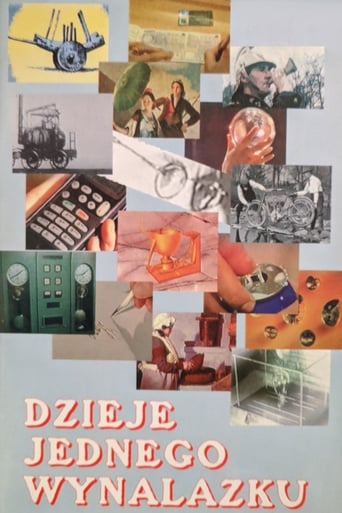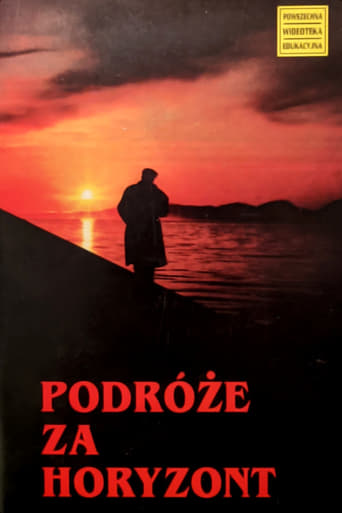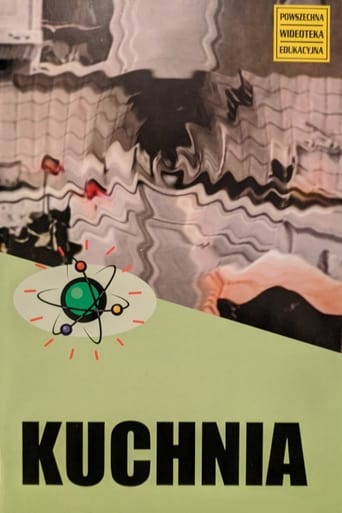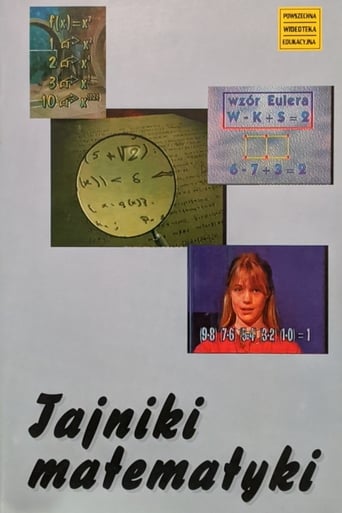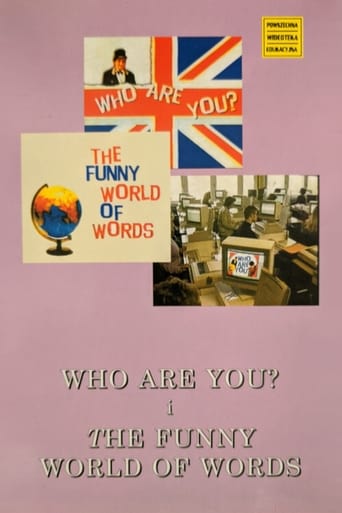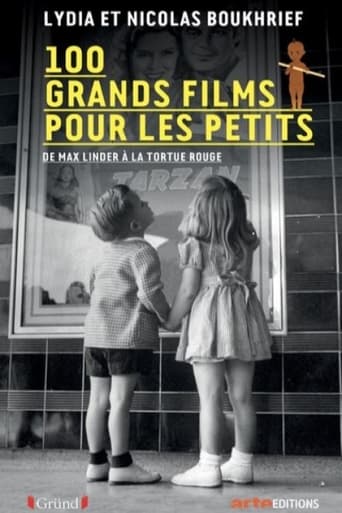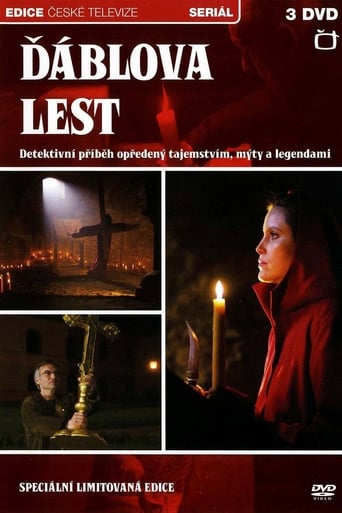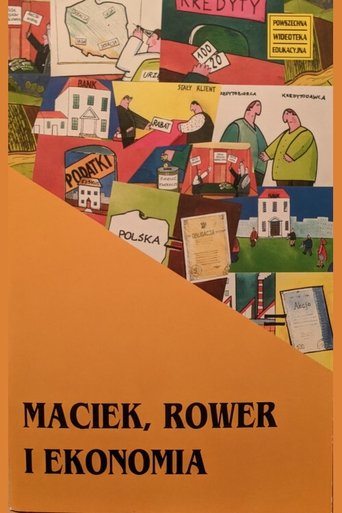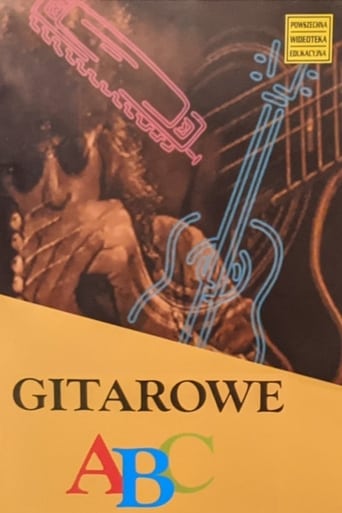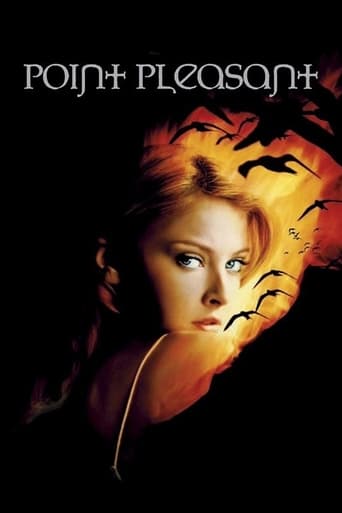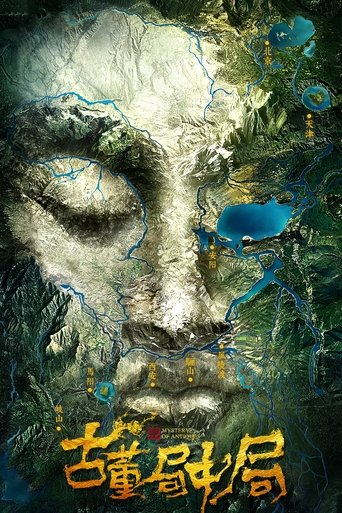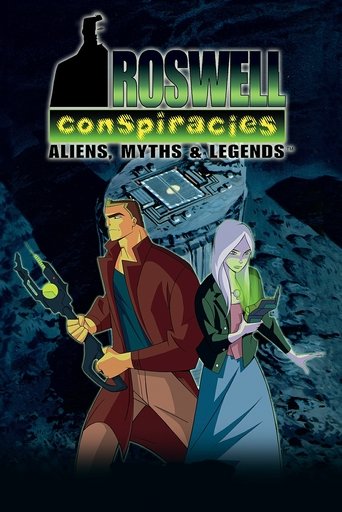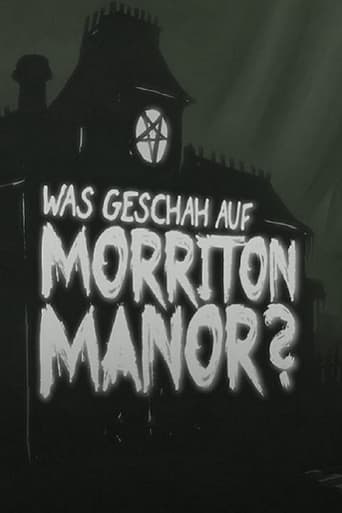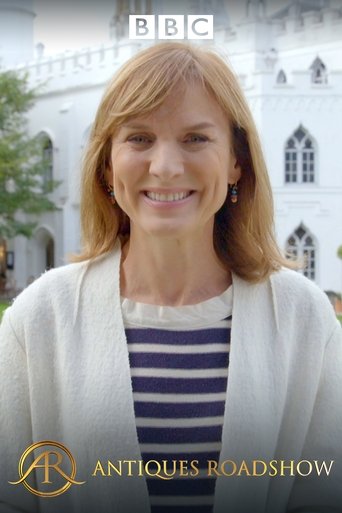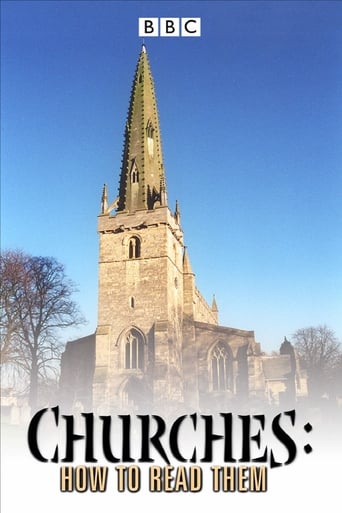
Rating:
10/10 by 1 users
Restoration and Reason
Church life in the 18th century is often thought to have been genteel and rather dull, but Richard Taylor finds that churches in this Age of Enlightenment reflect the intellectual excitement, the vigour and the potential for conflict of a turbulent time.
Writing:
Release Date:
Wed, Sep 01, 2010
Country:
Language: En
Runtime:
Country:
Language: En
Runtime:
Season 1:
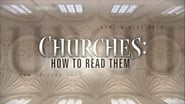
Presenter Richard Taylor explains how churches were originally simple buildings intended to protect the altar and the most important Christian rite of all, the Eucharist. He visits Britain's finest early medieval churches to untangle the mystery of why the Anglo-Saxons and Normans seem to have been unwilling to shake off their pre-Christian past and to have continued to fill their sacred buildings with mysterious pagan images. An ancient book in an Oxford library helps Richard find an answer.

Richard Taylor uncovers evidence that shows how and why our parish churches came to play such a crucial role in the everyday life of the Middle Ages. He looks at how humorous wall paintings and intricate carvings were used to teach moral lessons and how carved angels in such spectacular churches as Blythburgh, Suffolk, were used to create a heaven on earth. Taylor finds out how rites such as baptism and the largely forgotten ritual known as the 'churching of women' offered people protection from the cradle to the grave. And he discovers how - even today - the local pub may have an unexpected bond with the parish church.

The medieval church cannot be understood without recognising that death was at its heart. Richard Taylor shows how churches were designed to give medieval people a way to escape death, with their Judgement scenes, cadaver tombs and graphic depictions of the crucifixion.

The late middle ages was a time of destruction that still leaves its mark on our churches today. With the help of art historian Sister Wendy Beckett and a spectacular stained glass window, Richard Taylor tries to understand the intense medieval devotion to the Virgin Mary and how this fuelled the anger of the Reformation that followed.

Church life in the 18th century is often thought to have been genteel and rather dull, but Richard Taylor finds that churches in this Age of Enlightenment reflect the intellectual excitement, the vigour and the potential for conflict of a turbulent time.

Richard Taylor discovers how, during the industrial revolution, medieval imagery and ritual make a surprise return to Victorian places of worship and plunge the Anglican Church into conflict. Richard retraces the controversy surrounding this Oxford Movement of Anglo-Catholics and explores their finest churches. He sees how the impact of war in the 20th century is reflected on imagery in our churches and how the First World War brought a return to another medieval practice - the commemoration of the dead.


